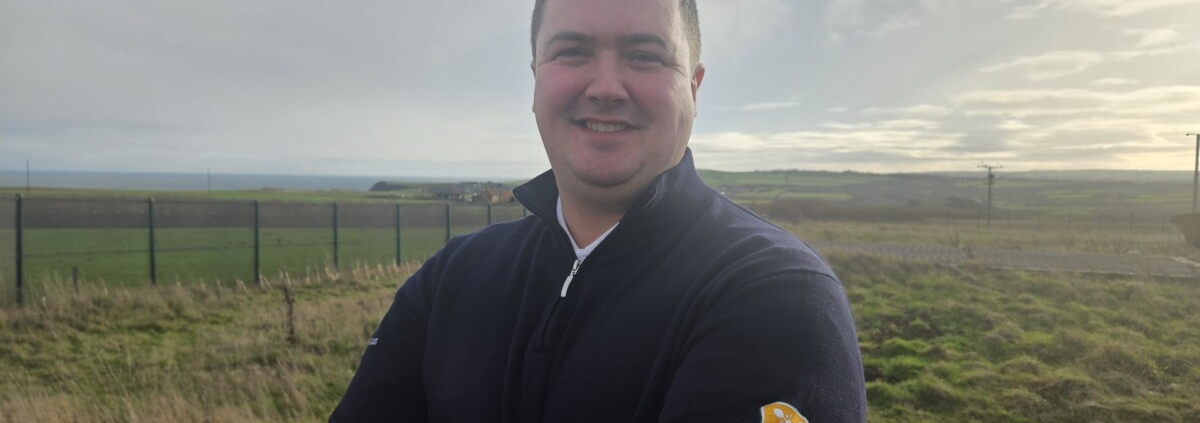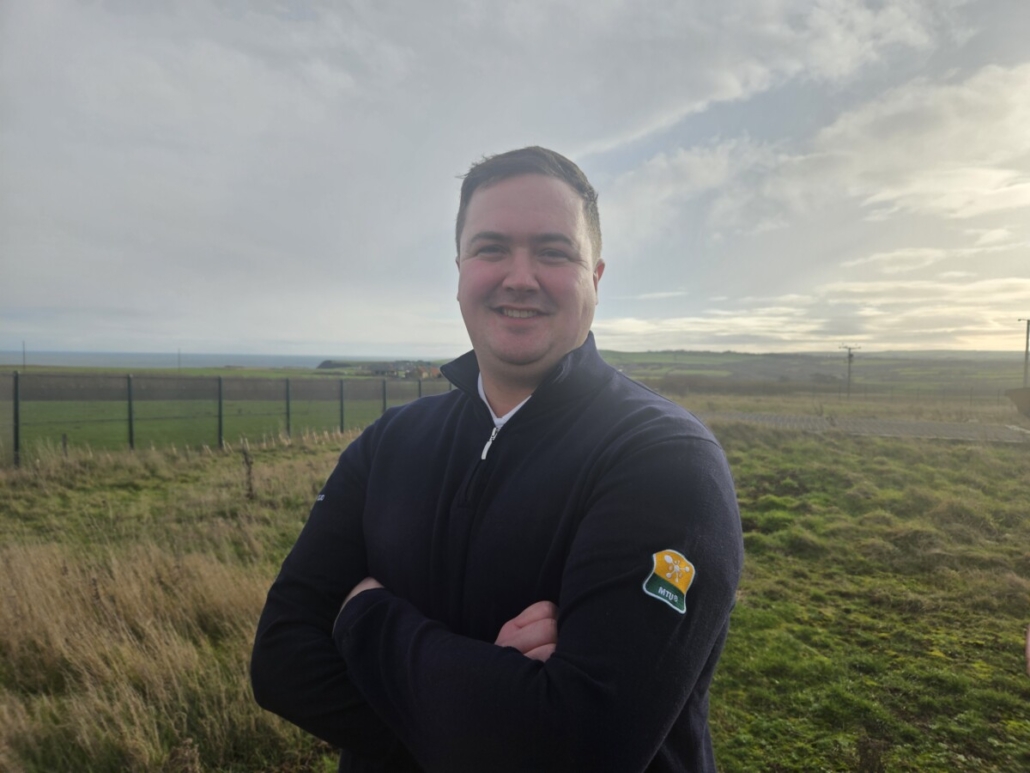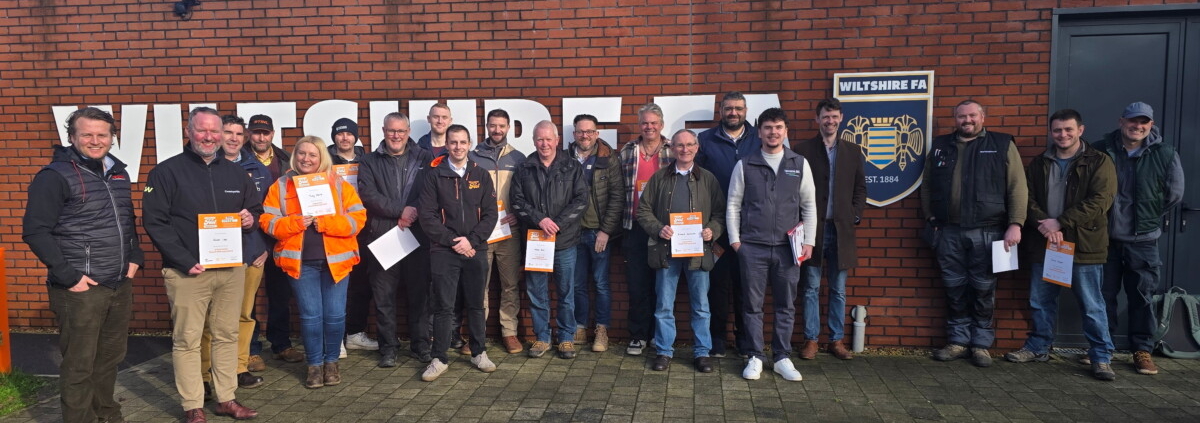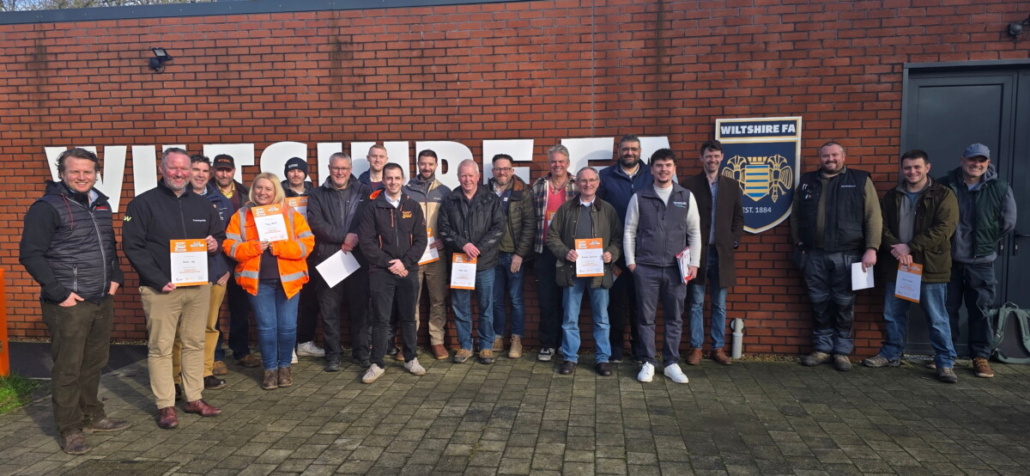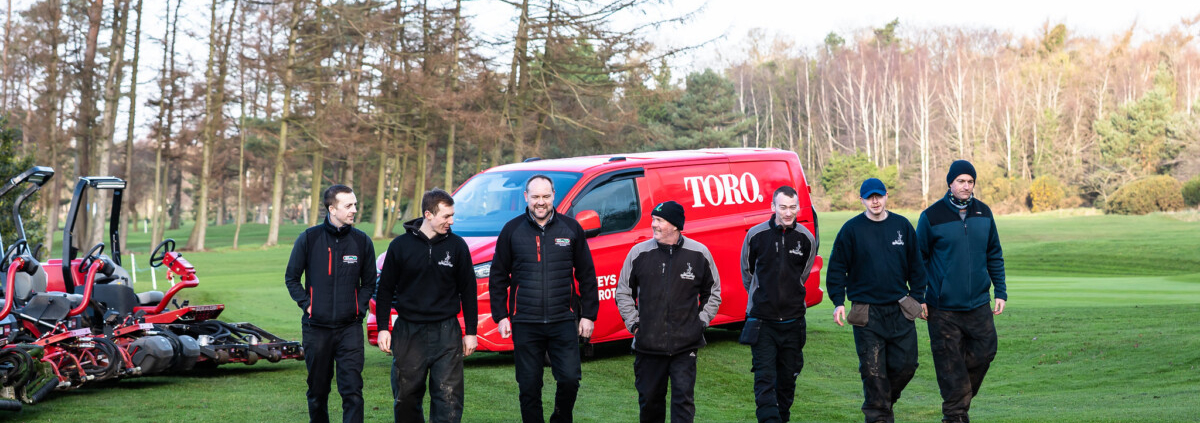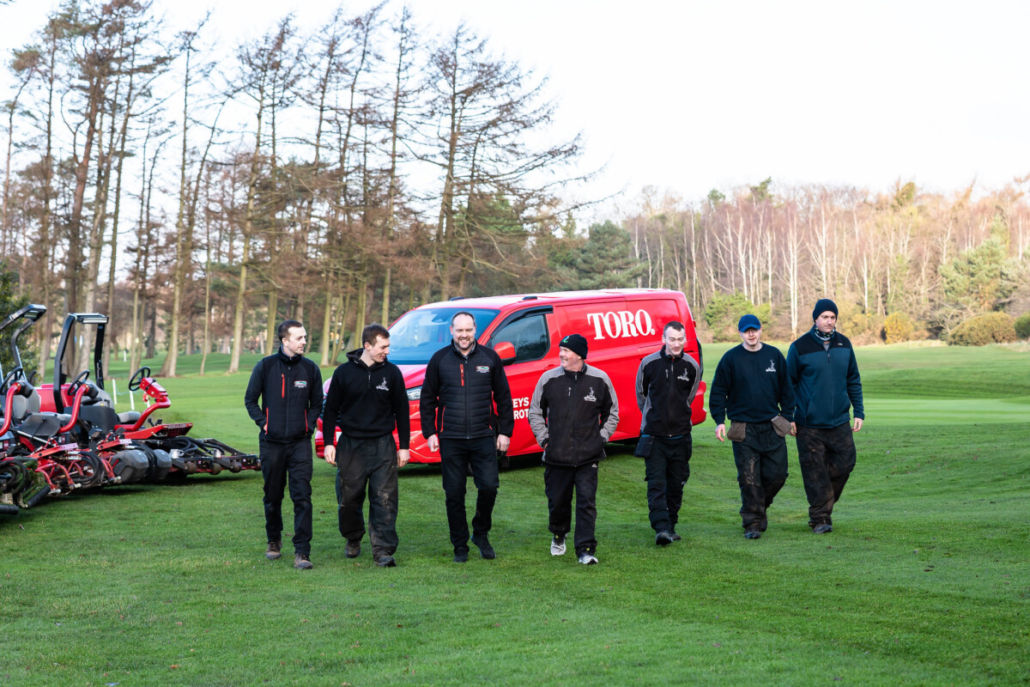Pre-Loved by Etesia: A New Digital Marketplace
Pre-Loved by Etesia: A New Digital Marketplace: Etesia UK, the industry leader in high-performance grass cutting and green space maintenance equipment, is proud to announce the launch of Pre-Loved by Etesia, a dedicated online marketplace hosted directly on the official Etesia UK website.
This new section is designed to provide professional landscapers, grounds staff, local authorities, and private estate owners with a trusted platform to purchase high-quality ex-demonstration and second-hand Etesia machines at competitive price points.

Pre-Loved by Etesia: A New Digital Marketplace
Quality Equipment, Second Life
As the demand for sustainable procurement and cost-effective fleet management grows, “Pre-Loved by Etesia” bridges the gap between premium performance and budget flexibility. Every machine listed on the platform undergoes a rigorous assessment to ensure it meets the high operational standards expected of the Etesia brand.
The marketplace will feature a rotating selection of core Etesia favourites, including:
- Ride-on Mowers: Renowned for their unrivalled collection capabilities in all weather conditions.
- Brushcutters: Both pedestrian and ride-on models (Attila range) for tackling the toughest overgrowth.
- The ET Lander: Etesia’s fully electric, multi-functional utility vehicle, offering a greener solution for urban and rural tasks.
“Etesia machines are built to last,” says Stephen Muir of Etesia UK. “With the launch of Pre-Loved by Etesia, we are making it easier than ever for customers to invest in the longevity and reliability of an Etesia machine, while giving our ex-demo and pre-owned fleet a productive second life.”
Key Benefits for Buyers
- Verified History: Buy with confidence directly from the manufacturer with a minimum of twelve months warranty.
- Immediate Availability: Skip the lead times associated with new builds.
- Sustainability: Reducing environmental impact by extending the lifecycle of professional machinery.
The Pre-Loved by Etesia section is now live and can be accessed via www.etesia.co.uk/preloved. Listings will be updated regularly as stock becomes available.
For more news, reviews and insightful views, you can follow Etesia UK on X @EtesiaUK and like the company’s Facebook page – www.facebook.com/EtesiaUK. You can also view the latest Etesia videos by visiting www.youtube.com/EtesiaUK
For the latest industry news visit turfmatters.co.uk/news
Get all of the big headlines, pictures, opinions and videos on stories that matter to you.
Follow us on Twitter and Instagram for fun, fresh and engaging content.
You can also find us on Facebook for more of your must-see news, features, videos and pictures from Turf Matters


